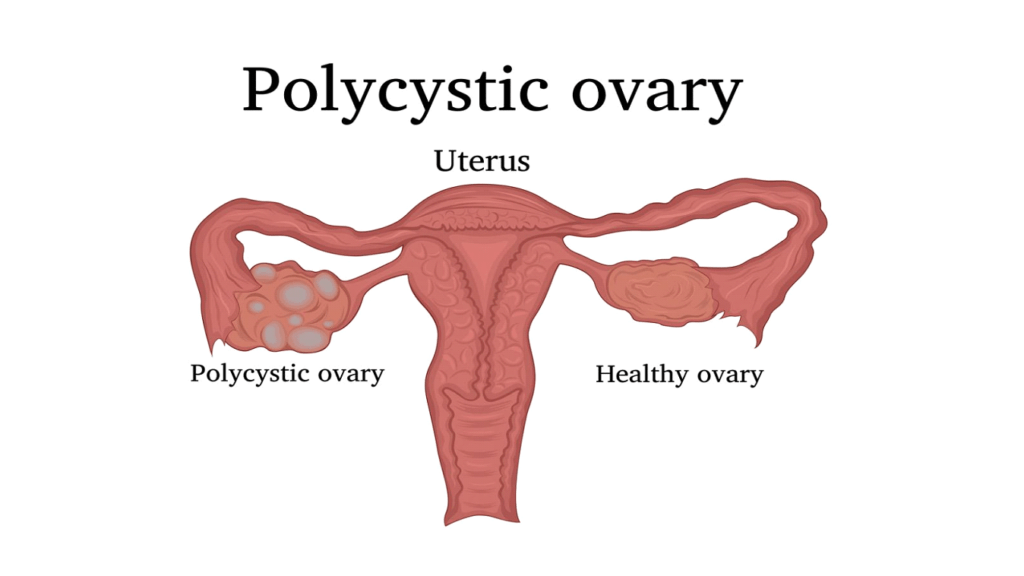Role of Homeopathy in case of PCOD
- Homeopathy is safe option for PCOD patients. Homeopathy helps in improving and regularizing the menstrual cycle, minimizing and preventing formation of cyst and corrects the hormonal imbalance.
- Homeopathy medicines act at root level of the disease bring deviation of hormonal system back to normalcy.

What foods should I add to my diet?
- High fiber vegetables
High fiber foods can help combat insulin resistance by showing down digestion and reducing the impact of sugar on the blood. This may be beneficial to women with PCOD.
Some high fiber food are:
1. Broccoli, cauliflower, and Brussels sprouts
2. Greens, including red leaf lettuce and arugula
3. Green and red peppers
4. Beans and lentils
5. Almonds
- Anti inflammatory foods and spices such as turmeric and tomatoes.
- Lean protein
Lean protein sources like tofu, chicken, and fish don’t provide fiber but are very filling and a healthy dietary option for women with PCOD.
- Foods that help reduce inflammation may also be beneficial.
They include:
1. Tomatoes
2. Spinach
3. Almonds
4. Walnuts
5. Olive oil6. Fruits, such as blueberries and strawberries
6. Fatty fish high in omega 3 fatty acids, such as salmon and sardines
Which foods should I limit or avoid?
- Foods high in refined carbohydrates, such as white bread and muffins.
- Sugary snacks and drinks.
- Inflammatory foods, such as processed and red meats
- Foods high in refined carbohydrates:
Refined carbohydrates cause inflammation, exacerbate insulin resistance, and should be avoided. These include highly processed foods, such as:
1. white bread
2. muffins
3. breakfast pastries
4. sugary desserts
5. white potatoes
6. anything made with white flour
Other lifestyle changes to consider
- PCOD, like many disorders, responds positively to proactive lifestyle choices. This includes exercise and daily physical movement. Both can help to reduce insulin resistance, especially when coupled with a limited intake of unhealthy carbohydrates. Many experts agree that at least 150 minutes per week of exercise is ideal.
- Daily activity, low sugar intake, and a low-inflammation diet may also lead to weight loss. Women may experience improved ovulation with weight loss, so women who are obese or overweight and want to get pregnant may find physician-approved exercise especially important.
- The symptoms associated with PCOS can cause stress.
- Stress reduction techniques, which help calm the mind and let you connect with your body, can help. These include yoga and meditation. Speaking with a therapist or other medical professional may also be beneficial.

